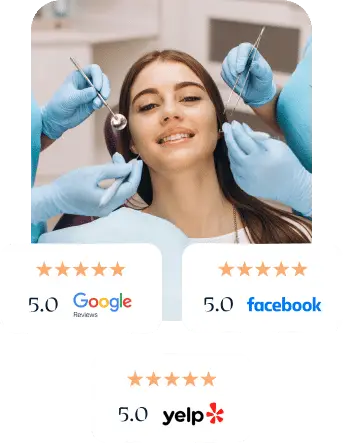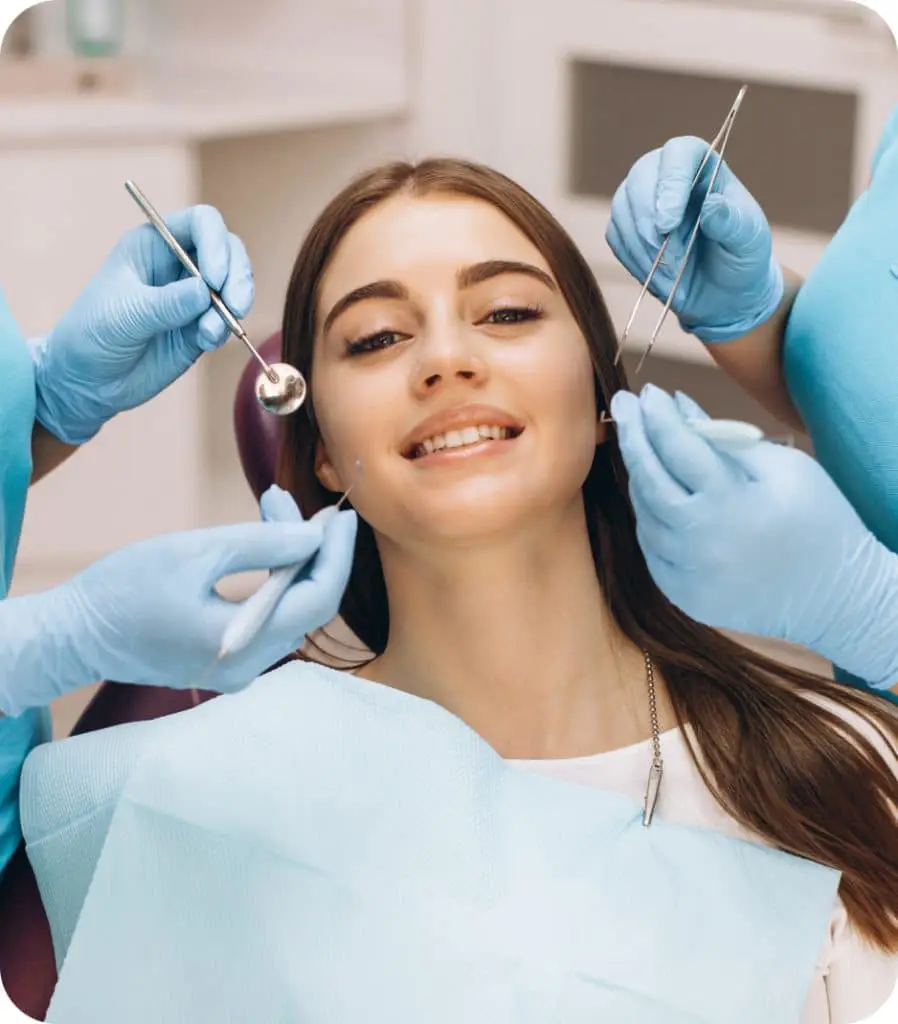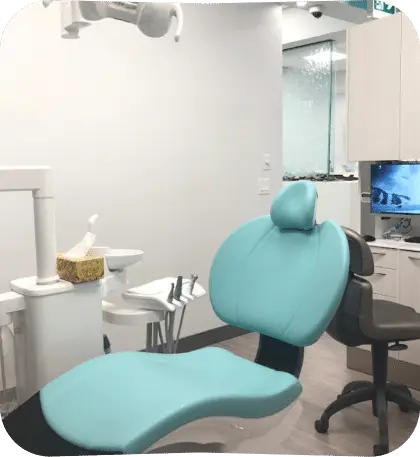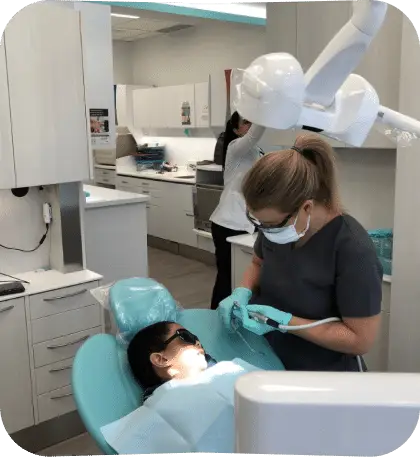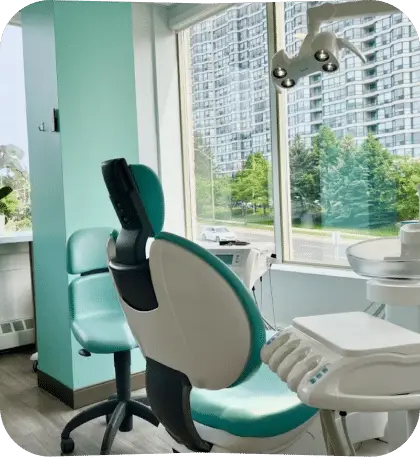Proper oral hygiene not only prevents cavities and gum disease but also has a significant impact on your overall health. Plus, healthy teeth and gums are essential for proper nutrition as they allow us to chew and digest food effectively. Not maintaining your teeth and gums can harm your health – in fact, poor oral health has been linked to various systemic conditions such as heart disease, diabetes, and respiratory infections.
Trust us, maintaining healthy teeth and gums can be easy! Here are the top 10 tips to ensure you have healthy teeth and gums through every stage of life.
10 Tips to Maintain Good Oral Hygiene
No matter your age, healthy teeth and gums can contribute to a more pleasing smile, make eating more enjoyable, and prevent health issues as mentioned above. Below are the top 10 essential tips for maintaining a healthy smile for many years to come:
- Brush Twice a Day, EVERY Day
Use a soft-bristled toothbrush and fluoride toothpaste to brush for at least two minutes in the morning and before bed. Brushing removes food particles and plaque, which helps prevent cavities and gum disease. Brush while you’re sick, brush while on vacation… brush every single day. Missing a day can cause plaque to harden into tartar – this can happen in as little as 24 hours.
- Floss Daily
Brushing alone isn’t enough. Flossing removes plaque and debris from between your teeth and under the gumline – areas your toothbrush can’t reach. Make it a part of your daily routine to prevent gum problems and bad breath whether that’s in the morning or the evening.
- Mouthwash Adds Extra Protection
Rinsing with an antibacterial or fluoride mouthwash can help reduce plaque, prevent cavities, and keep your breath fresh. Mouthwash can also support gum health by eliminating bacteria in hard-to-reach areas.
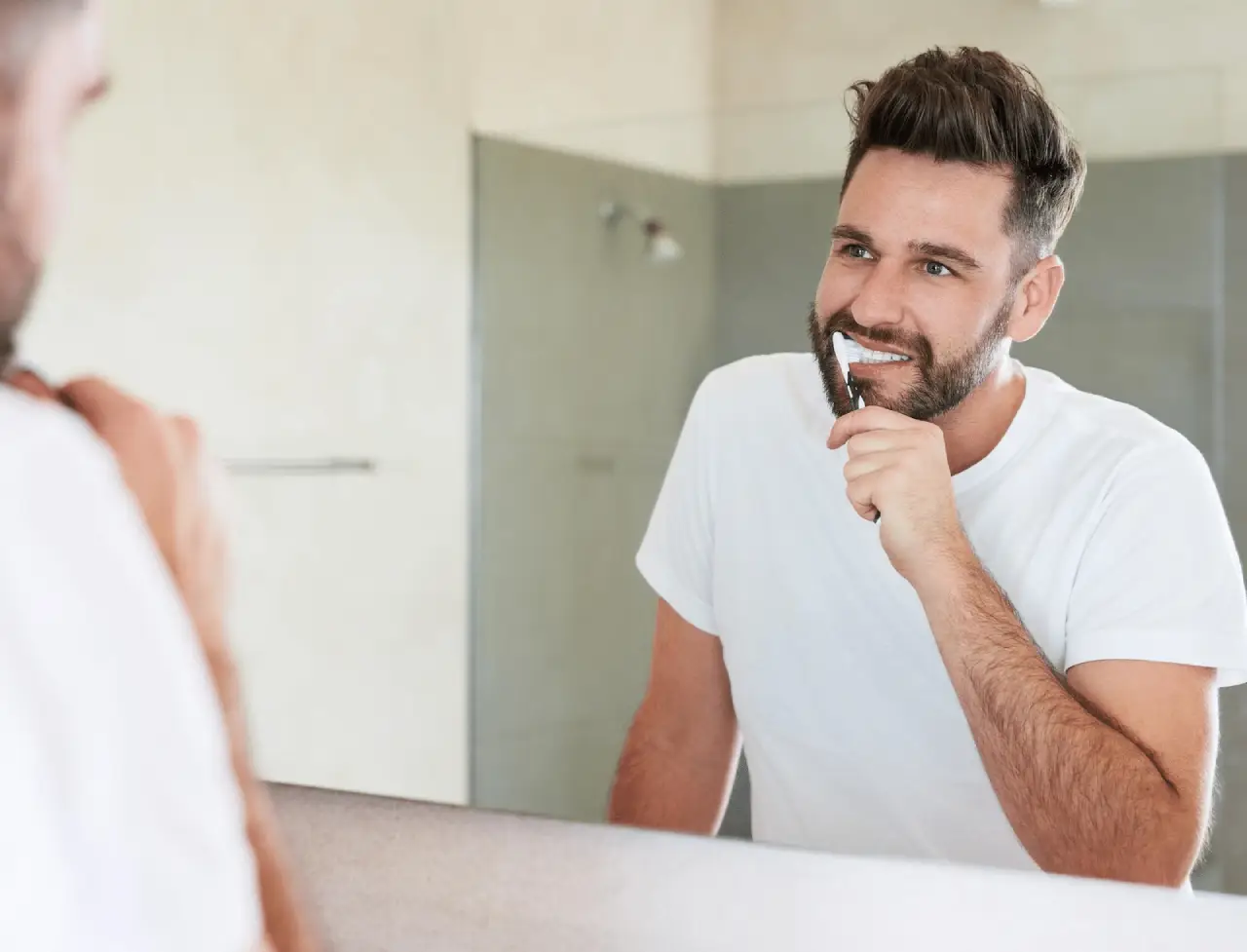
- Maintain a Balanced Diet
Your oral health is closely connected to your nutrition. Eating a diet rich in fruits, vegetables, dairy, lean proteins, and whole grains strengthens your teeth. Avoid eating a lot of sugary foods or sugary drinks, which can be big culprits for cavities. And remember, brushing too soon after consuming sugar can be bad for your teeth as it can spread the sugar and disallow your saliva to naturally clean your mouth. It’s recommended to wait at least 30-40 minutes after consuming sugar to brush your teeth.
- Drink Lots of Water
Saliva is essential for keeping your mouth clean and protecting your teeth from decay and one of the ways to promote saliva production is by drinking lots of water. Water can also help rinse away food particles, neutralize acids, prevent dry mouth, and keep bacteria from wearing away tooth enamel.
- Visit Your Dentist Regularly
Regular dental checkups (at least twice a year unless otherwise discussed with your dentist) allow your dentist to catch problems early, provide professional cleanings, and offer preventive care. Regular exams are essential at every stage of life to maintain oral health.
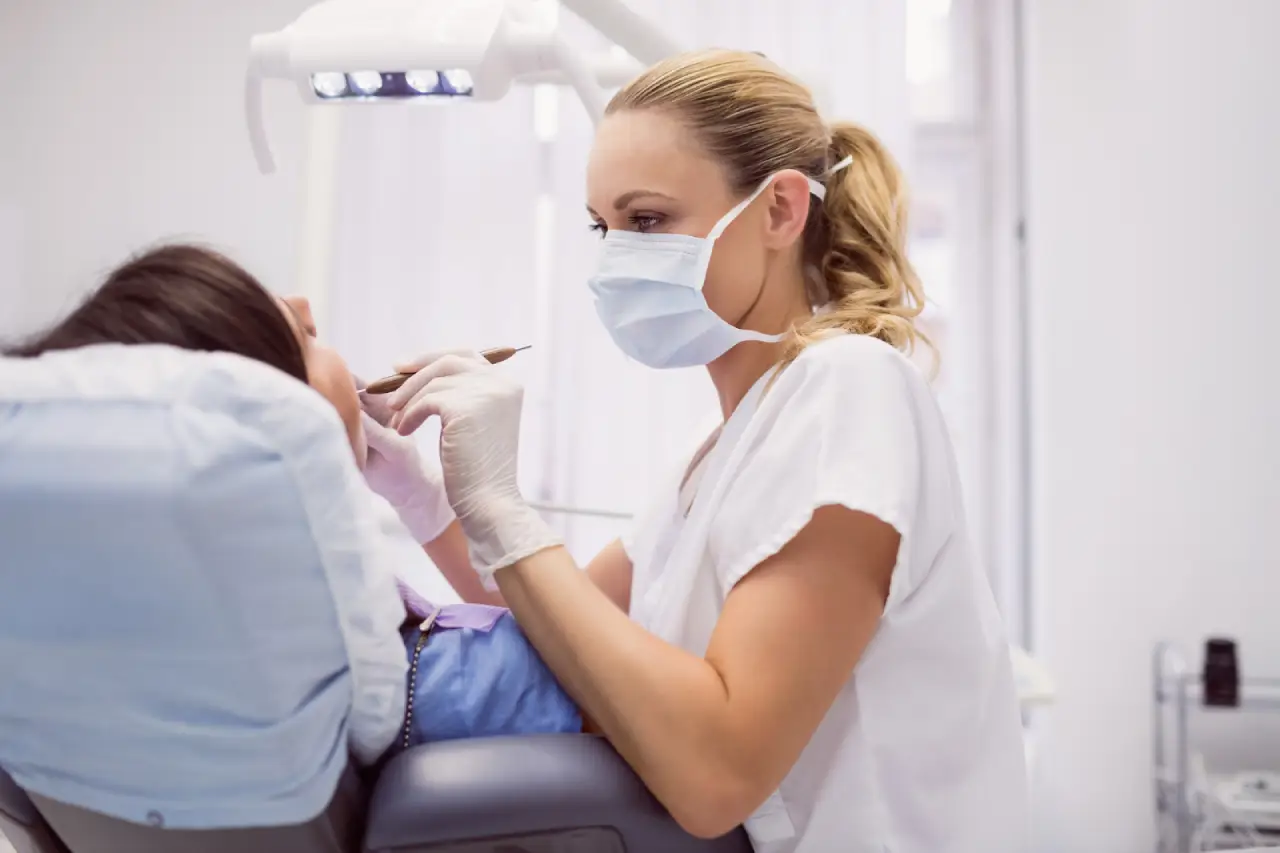
- Address Dental Issues Early
If you experience pain, sensitivity, or bleeding gums, don’t ignore the signs. Visit your dentist as soon as possible to prevent more serious problems from developing. Early intervention can save your teeth and gums in the long run. If you have dental anxiety, don’t let it prevent you from seeking the treatment you deserve. Let your dental team know you have anxiety so you can work through how to make yourself as comfortable as possible during your treatment together.
- Protect Your Teeth From Damage
If you participate in sports, the best way to avoid injury to your mouth is by wearing a mouthguard. If you are also an avid teeth grinder at night, a nightguard can prevent wear and tear, or worse.
- Limit Harmful Habits
By quitting smoking or using tobacco products, you can limit the risk of developing gum disease, tooth loss or oral cancer. Limiting alcohol consumption can also prevent your mouth from drying out or increasing acid levels. It’s also important to remember to avoid using your teeth to open things like cans, bottles, packaging, etc.
- Adapt Your Routine as You Age
Oral care needs to change over time. For example, children may need fluoride treatments, and older adults might benefit from electric toothbrushes or dry mouth solutions. Pay attention to changes in your oral health and adapt your care routine accordingly. Ultimately, it’s best to learn how to adapt your routine as you age by consulting with your dentist. They’ll be able to provide you with a properly tailored routine or tips.
A Proper Oral Hygiene Routine Means You’re Investing in a Healthy Smile for Years to Come
By following these tips, you can maintain healthy teeth and gums at every stage of life. Whether you’re teaching good habits to children or adjusting your routine as you age, investing in oral health is key to a lasting, vibrant smile. Regular checkups and cleanings play a vital role in maintaining dental health, so consider booking an appointment at DentiFlow Dentistry in Thornhill for a thorough cleaning and checkup. Their dental professionals will help detect potential issues early and keep your smile looking its best, providing you with personalized care and advice for optimal oral health year-round.

